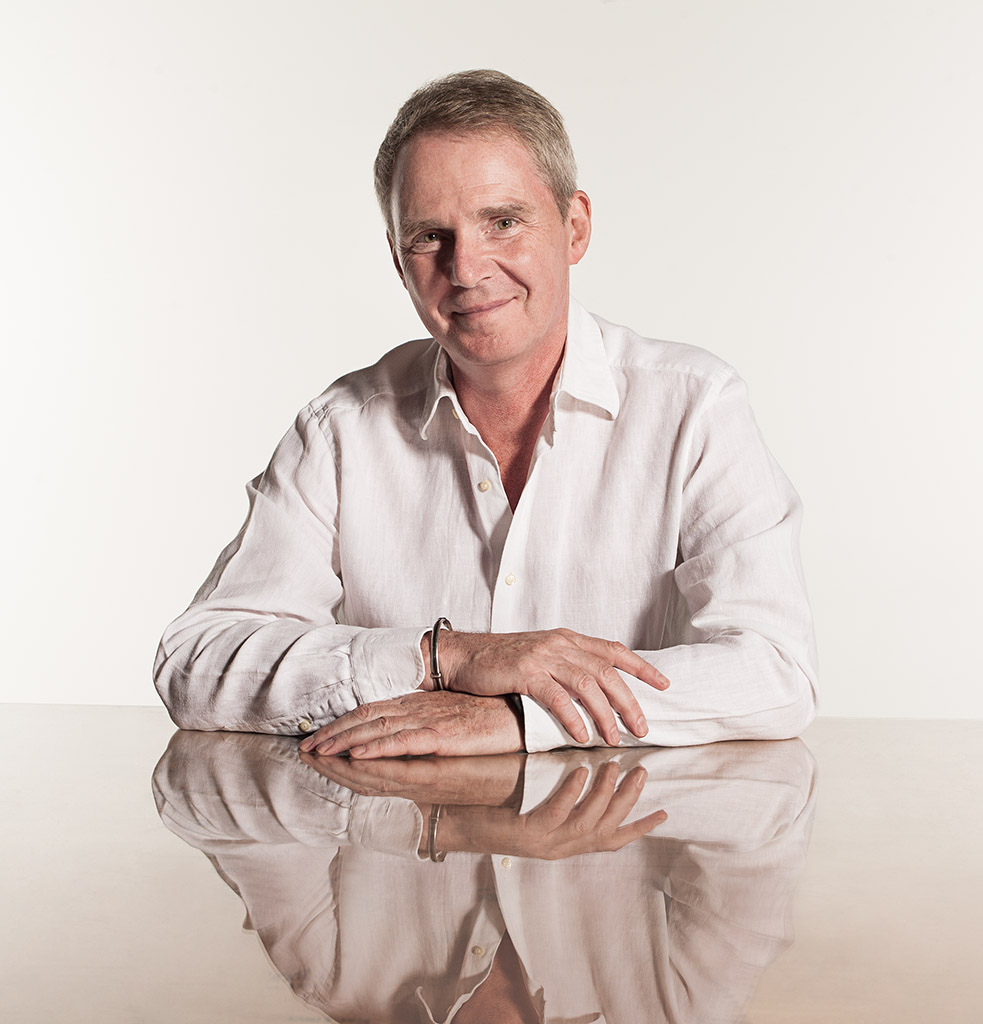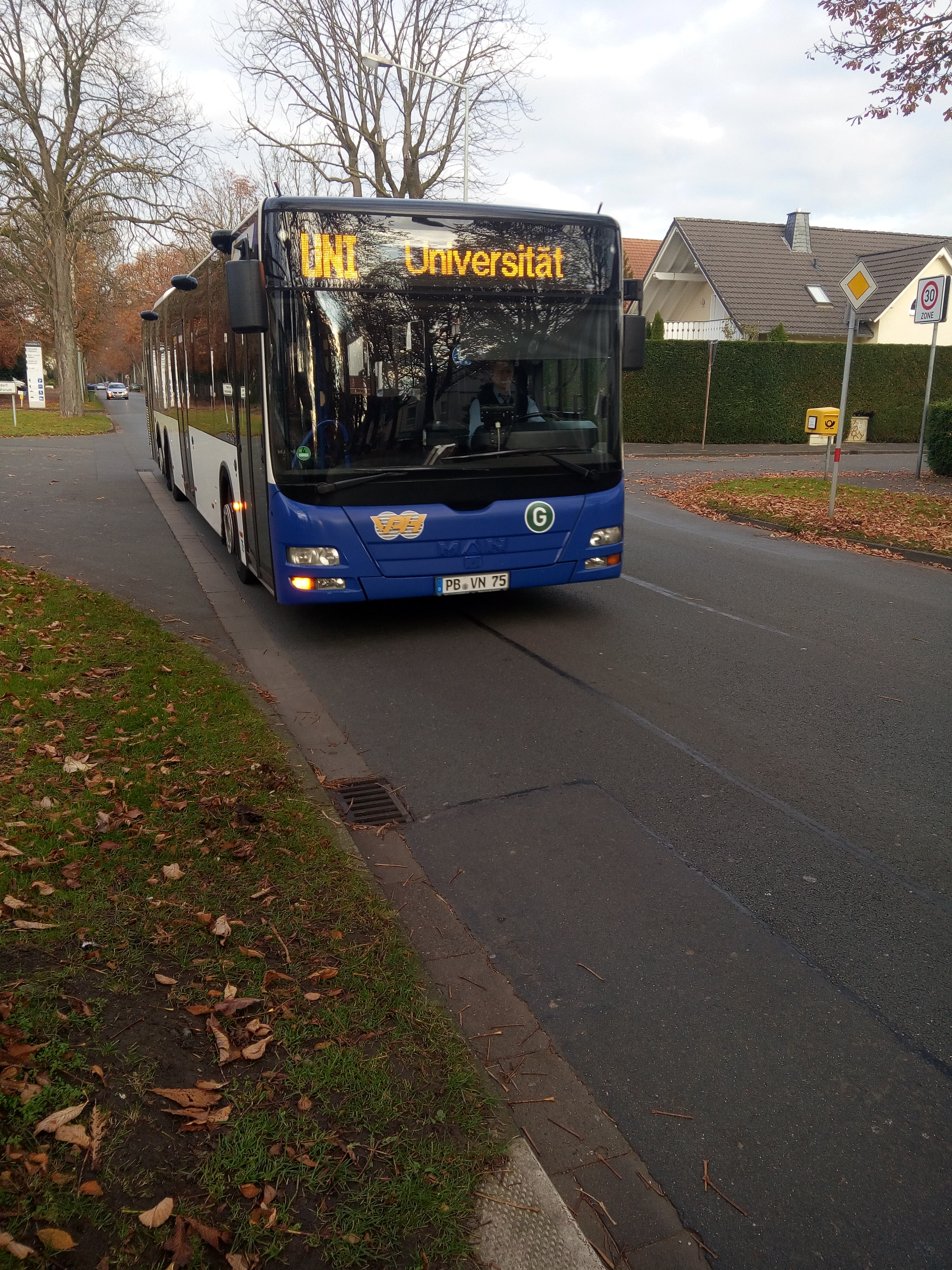|
EQANIE
EQANIE (European Quality Assurance Network for Informatics Education e.V.) is a non-profit association seeking to enhance evaluation and quality assurance of Informatics (academic field), informatics study programmes and education in Europe. It was founded on January 9, 2009 in Düsseldorf, Germany. EQANIE develops criteria and procedures for the evaluation and quality assurance in informatics study programmes and education. EQANIE awards the so-called Euro-Inf Quality Label to degree programmes that comply with the Euro-Inf Framework Standards and Accreditation Criteria. As of 2021, informatics study programmes from 21 different countries have been accredited. Background EQANIE’s founding is to be seen against the background of the Bologna Process, aiming at the creation of a European Higher Education Area. The association emanated from the informal network of stakeholders involved in the Euro-Inf Project co-financed by the European Union under the Socrates-Programme from 2006 u ... [...More Info...] [...Related Items...] OR: [Wikipedia] [Google] [Baidu] |
Liz Bacon
Liz Bacon (born 27 September 1963) is Principal and Vice-Chancellor of Abertay University, Dundee. Background Liz Bacon grew up in Kenley, Surrey. She studied for an undergraduate degree in computer science at Thames Polytechnic, spending her third year on an industrial placement at CERN The European Organization for Nuclear Research, known as CERN (; ; ), is an intergovernmental organization that operates the largest particle physics laboratory in the world. Established in 1954, it is based in Meyrin, western suburb of Gene ..., graduating in 1986. She studied for her PhD in the field of artificial intelligence at the University of Greenwich, and was awarded her doctorate in 1993. Bacon is currently the past President of the BCS, The Chartered Institute for I and has had many serious roles, including the Chair of the BCS Academy, a BCS Council member and Trustee of the BCS. She has been a Council Member of PITCOM, the Parliamentary IT Committee, responsible for communi ... [...More Info...] [...Related Items...] OR: [Wikipedia] [Google] [Baidu] |
British Computer Society
image:Maurice Vincent Wilkes 1980 (3).jpg, Sir Maurice Wilkes served as the first President of BCS in 1957. The British Computer Society (BCS), branded BCS, The Chartered Institute for IT, since 2009, is a professional body and a learned society that represents those working in information technology (IT), computing, software engineering, computer engineering and computer science, both in the United Kingdom and internationally. Founded in 1957, BCS has played an important role in educating and nurturing IT professionals, computer scientists, software engineers, computer engineers, upholding the profession, accrediting Chartered IT Professional (CITP) and Chartered Engineer (UK), Chartered Engineer (CEng) status, and creating a global community active in promoting and furthering the field and practice of computing. Overview With a worldwide membership of 57,625 members as of 2021, BCS is a registered Charitable organization, charity and was incorporated by Royal Charter in ... [...More Info...] [...Related Items...] OR: [Wikipedia] [Google] [Baidu] |
ANECA
The National Agency for Quality Assessment and Accreditation (, ANECA) is the authorised agency of the Spanish government whose aim is to provide external quality assurance for the Spanish higher education system and to contribute to its constant improvement through evaluation, certification and accreditation. ANECA was created as a foundation (nonprofit), foundation in 2002 by the Cabinet of Spain under the Universities Organic Act, and it has the status of Autonomous agency. It is a member of the European Consortium for Accreditation in higher education (ECA). Mission ANECA's mission is to coordinate policies for quality assurance (QA) in Spanish universities. Such policies are aimed at fitting the university to the market. Through the evaluation reports it publishes, leading to certification and accreditation, ANECA aims to measure the performance of public-sector higher education according to objective criteria and transparent processes. Its ultimate aim is that the quality o ... [...More Info...] [...Related Items...] OR: [Wikipedia] [Google] [Baidu] |
Professional Titles And Certifications
A professional is a member of a profession or any person who works in a specified professional activity. The term also describes the standards of education and training that prepare members of the profession with the particular knowledge and skills necessary to perform their specific role within that profession. In addition, most professionals are subject to strict codes of conduct, enshrining rigorous ethical and moral obligations. Professional standards of practice and ethics for a particular field are typically agreed upon and maintained through widely recognized professional associations, such as the IEEE. Some definitions of "professional" limit this term to those professions that serve some important aspect of public interest and the general good of society.Sullivan, William M. (2nd ed. 2005). ''Work and Integrity: The Crisis and Promise of Professionalism in America''. Jossey Bass.Gardner, Howard and Shulman, Lee S., The Professions in America Today: Crucial but Fragile. ... [...More Info...] [...Related Items...] OR: [Wikipedia] [Google] [Baidu] |
Information Technology Organizations Based In Europe
Information is an abstract concept that refers to something which has the power to inform. At the most fundamental level, it pertains to the interpretation (perhaps formally) of that which may be sensed, or their abstractions. Any natural process that is not completely random and any observable pattern in any medium can be said to convey some amount of information. Whereas digital signals and other data use discrete signs to convey information, other phenomena and artifacts such as analogue signals, poems, pictures, music or other sounds, and currents convey information in a more continuous form. Information is not knowledge itself, but the meaning that may be derived from a representation through interpretation. The concept of ''information'' is relevant or connected to various concepts, including constraint, communication, control, data, form, education, knowledge, meaning, understanding, mental stimuli, pattern, perception, proposition, representation, an ... [...More Info...] [...Related Items...] OR: [Wikipedia] [Google] [Baidu] |
Higher Education Organisations Based In Europe
Higher may refer to: Music * The Higher, a 2002–2012 American pop rock band Albums * ''Higher'' (Ala Boratyn album) or the title song, 2007 * ''Higher'' (Chris Stapleton album) or the title song, 2023 * ''Higher'' (Ezio album) or the title song, 2000 * ''Higher'' (Harem Scarem album) or the title song, 2003 * ''Higher'' (The Horrors album), 2012 * ''Higher'' (Life On Planet 9 album) or the title song, 2017 * ''Higher'' (Michael Bublé album) or the title song, 2022 * ''Higher'' (The Overtones album) or the title song, 2012 * ''Higher'' (Regina Belle album) or the title song, 2012 * ''Higher'' (Roch Voisine album) or the title song, 2002 * ''Higher'' (Treponem Pal album), 1997 * ''Higher'', by Abundant Life Ministries, 2000 * ''Higher'', by ReinXeed, 2009 * ''Higher'', by Russell Robertson, 2008 * ''Higher!'', by Sly and the Family Stone, 2013 * ''Higher'', a mixtape by Remy Banks, 2015 Songs * "Higher" Budjerah song), 2021 * "Higher" (Burna Boy song), 2024 * "Hi ... [...More Info...] [...Related Items...] OR: [Wikipedia] [Google] [Baidu] |
Higher Education Accreditation
Higher education accreditation is a type of quality assurance and educational accreditation process under which services and operations of tertiary educational institutions or programs are evaluated to determine if applicable standards are met. If standards are met, accredited status is granted by the agency. Overview In most countries around the world, the function of educational accreditation for higher education is conducted by a government organization, such as a ministry of education. In the United States, however, the quality assurance process is independent of government and performed by private agencies. Canada takes a unique position, not allowing any accreditation by government or private agencies, causing some Canadian institutions to seek accreditation by American agencies. Similar situation occurs in Singapore and Macau, which both countries do not have their own higher education accreditation organisation. Some institution from above countries seek accreditation from ... [...More Info...] [...Related Items...] OR: [Wikipedia] [Google] [Baidu] |
Footnotes
In publishing, a note is a brief text in which the author comments on the subject and themes of the book and names supporting citations. In the editorial production of books and documents, typographically, a note is usually several lines of text at the bottom of the page, at the end of a chapter, at the end of a volume, or a house-style typographic usage throughout the text. Notes are usually identified with superscript numbers or a symbol.''The Oxford Companion to the English Language'' (1992) p. 709. Footnotes are informational notes located at the foot of the thematically relevant page, whilst endnotes are informational notes published at the end of a chapter, the end of a volume, or the conclusion of a multi-volume book. Unlike footnotes, which require manipulating the page design (text-block and page layouts) to accommodate the additional text, endnotes are advantageous to editorial production because the textual inclusion does not alter the design of the publication. H ... [...More Info...] [...Related Items...] OR: [Wikipedia] [Google] [Baidu] |
Informatics (academic Field)
Informatics is the study of computational systems. According to the ACM Europe Council and Informatics Europe, informatics is synonymous with computer science and computing as a profession, in which the central notion is transformation of information. In some cases, the term "informatics" may also be used with different meanings, e.g., in the context of social computing or library science. Different meanings In some countries, depending on local interpretations and contexts, the term "informatics" is used synonymously to mean information systems, information science, information theory, information engineering, information technology, information processing, or other theoretical or practical fields. In Germany, the term ''informatics'' closely corresponds to modern computer science. Accordingly, universities in continental Europe usually translate "informatics" as computer science, or sometimes information and computer science, although technical universities may transl ... [...More Info...] [...Related Items...] OR: [Wikipedia] [Google] [Baidu] |
Accreditation
Accreditation is the independent, third-party evaluation of a conformity assessment body (such as certification body, inspection body or laboratory) against recognised standards, conveying formal demonstration of its impartiality and competence to carry out specific conformity assessment tasks (such as certification, inspection and testing). Accreditation bodies are established in many economies with the primary purpose of ensuring that conformity assessment bodies are subject to oversight by an authoritative body. Accreditation bodies, that have been peer evaluated as competent, sign regional and international arrangements to demonstrate their competence. These accreditation bodies then assess and accredit conformity assessment bodies to the relevant standards. An authoritative body that performs accreditation is called an ' accreditation body'. The International Accreditation Forum (IAF) and International Laboratory Accreditation Cooperation (ILAC) provide international recogni ... [...More Info...] [...Related Items...] OR: [Wikipedia] [Google] [Baidu] |
University Of Paderborn
Paderborn University () is a public research university in Paderborn, North Rhine-Westphalia, Germany. It was founded in 1972 and 20,308 students were enrolled at the university in the winter semester 2016/2017 in 62 different degree programmes. The university has several winners of the Gottfried Wilhelm Leibniz Prize awarded by the German Research Foundation (DFG) and ERC grant recipients of the European Research Council. In 2002, the Romanian mathematician Preda Mihăilescu proved the Catalan conjecture, a number-theoretical conjecture, formulated by the French and Belgian mathematician Eugène Charles Catalan, which had stood unresolved for 158 years. The University closely collaborates with the Heinz Nixdorf Institute, Paderborn Center for Parallel Computing and two Fraunhofer Institutes for research in Computer Science, Mathematics, Electrical Engineering and Quantum Photonics. In 2018, world record for "optical data transmission at 128 gigabits per second" was achieved ... [...More Info...] [...Related Items...] OR: [Wikipedia] [Google] [Baidu] |



